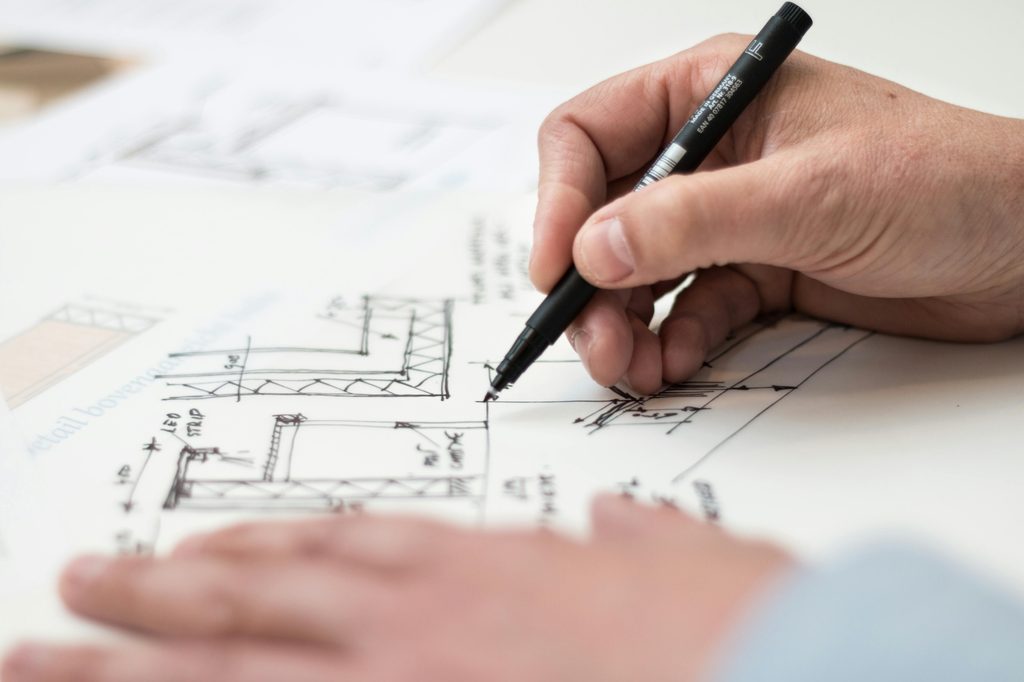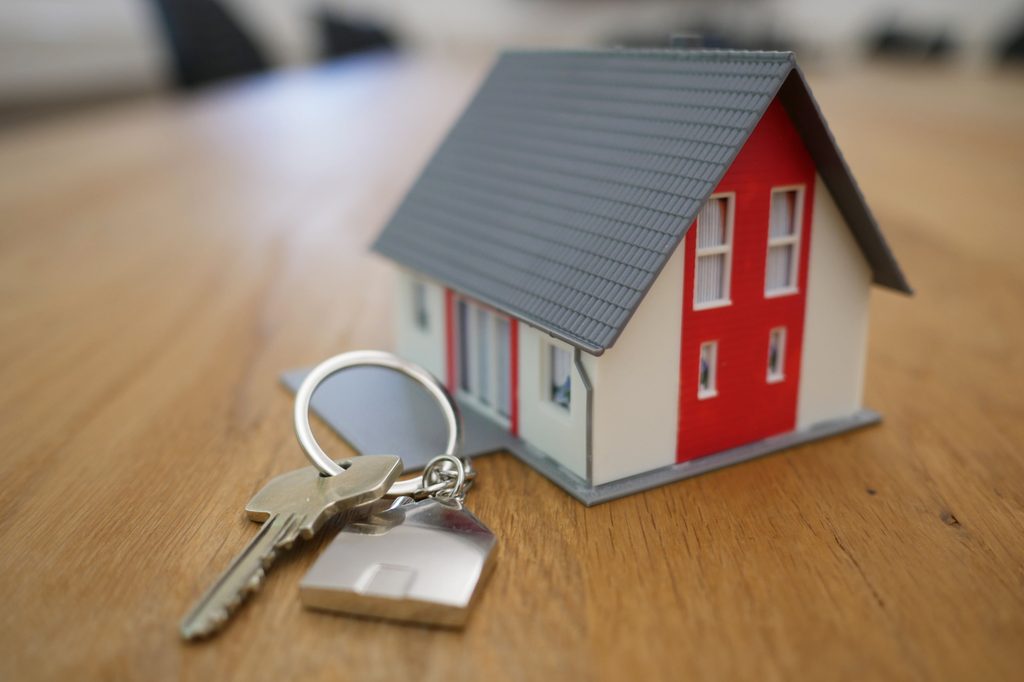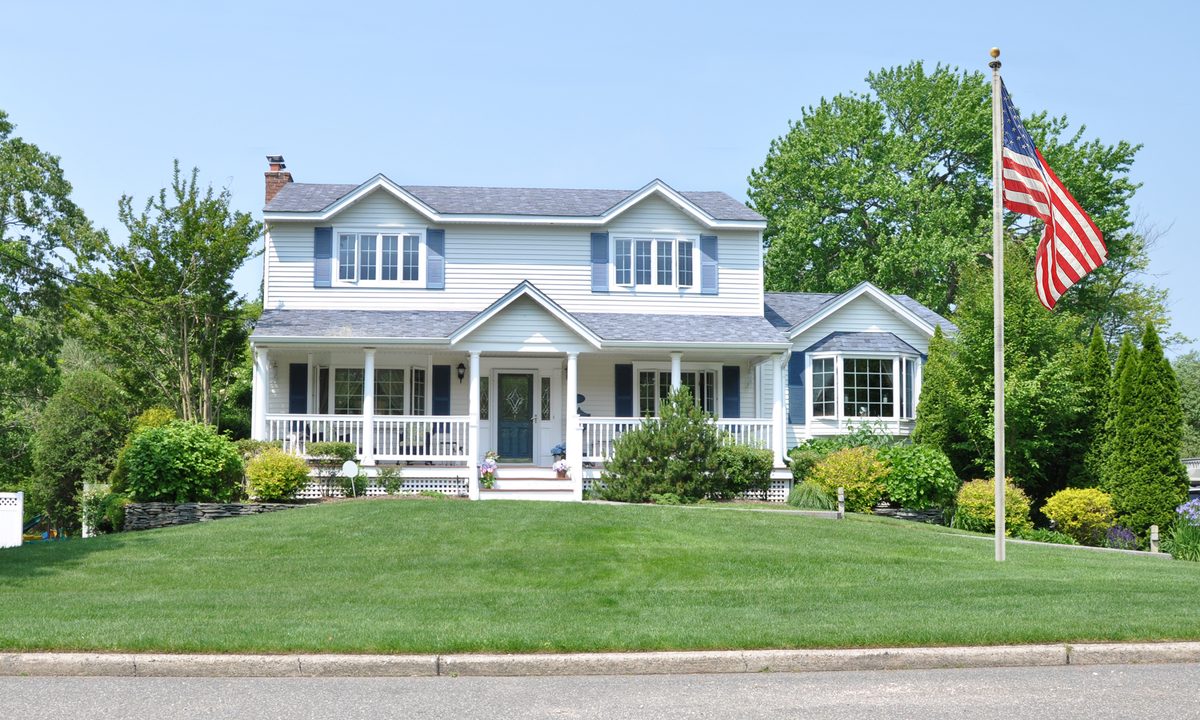Whether you’re planning to buy a house or want to build your home, you’ll likely run into many factors that quickly add up your costs. Here’s a quick breakdown to help you navigate the price of buying vs. building a home. How much does it cost to buy a house? How much does it cost to build a house? We’ll weigh the two to help you make a decision.
How much does it cost to buy a house?

If you’re planning to buy a house, you might wonder how much it will cost and if it is cheaper than building from the ground up.
Working with a real estate agent
Before you buy a house, you’ll need to work with a real estate agent. While having an agent to buy a home is not required, a realtor can make filing the paperwork and negotiating costs much more manageable. Real estate agents make an average of 5% to 6% of the sale value. For a $400,000 home, you might expect to pay an agent or for the agent to get $20,000 to $24,000.
Closing costs
The average closing costs on a home are 2% to 6%, according to NerdWallet. This is made in addition to the down payment on a house, so be sure to budget accordingly, so you can cover the closing costs at the point of sale. While some fees can be negotiated or added to your loan, others will need to be made when you put the home in your name.
Interest rate and down payment
Interest rate and down payment are also two things to consider when buying a home. Interest rates vary depending on your credit score, location, home cost, and other local factors. Additionally, it’s recommended that you put down 5% to 20% on a home when you buy.
Inspection and renovation costs
You’ll want to pay a contractor for inspections to ensure your new home is in good condition and meets the required building codes in your area. It’s the buyer’s responsibility to pay for a home inspection, and these costs are typically covered out of pocket.
If something in the home needs renovating, whether aesthetic or functional, you’ll also need to have some cash set aside for repairs and updates. Your reno costs can vary greatly depending on the time of repair or remodel you do.
How much does it cost to build a house?

The national cost to build a house in the U.S. ranges between $138,850 and $525,675, according to Angi. The national average is around $315,000, but depends on several factors, such as location, plot size, square footage, and custom materials. We’ll go over the details you should know if you’re considering building your own home from the foundation to the roof.
Buying land
First, you’ll need to buy land to build your home on. The cost of land varies greatly depending on the location and the plot size. However, you’ll also need to speak with a surveyor to ensure the property is the right fit for your home build. This could tack on potentially an additional $1,000 to $7,000. If the land is hilly or filled with trees, you may also need to pay for excavation, tree removal, or land leveling.
Hiring a contractor and planning
Next, you’ll want to hire a contractor or subcontractors for planning the build. They’ll help connect you with an architect for the floor plan, gather all the proper permits, and get all the preliminary inspections. Of course, you’ll have to pay each individual involved in this process, so be sure to factor in labor costs.
Additionally, permits can range from $150 to $2,000. For example, you may have to purchase additional permits if you plan to build a shed, dig a pond, or add a barn.
Laying the foundation
Once you have your house plans and permits in order, a crew can begin laying the foundation. According to Forbes data, a concrete slab foundation is the most affordable, averaging between $2,000 and $10,000, depending on size. A crawl space will be slightly more expensive than that. If you choose to add a basement, you can expect an average cost of $18,500.
Building the frame
Once the foundation is laid, work can begin on building the house’s frame. The frame is made of wood and plywood and becomes the skeleton of the building. This part of the project can vary greatly depending on the property’s square footage, but will likely range from $20,000 to $60,000.
Installing walls, plumbing, and electrical
Next, the walls, roof, windows, and doors will be installed. The average cost of adding a roof can be well over $20,000, depending on the size of the home and the materials used. Homeowners will also need to pay for plumbing and electrical work, adding quite a bit to the overall expenses.
Dressing up the interior
Interior finishes like drywall, cabinets, light fixtures, and flooring will be the next step in the building process. Like any home remodel or renovation, these functional and aesthetic additions can quickly add up. You can spend anywhere from $10,000 to over $100,000, depending on the materials, additions, and interior elements you install.
Outdoor and landscaping details
Landscaping and outdoor additions will also vary in cost. You’ll need to add a driveway, which can vary in price depending on the kind of driveway you add. You may also want to add landscaping, an outdoor patio, a deck, a shed, or other outdoor elements.
Should you build or buy your next home?

Buying vs. building a home is entirely up to your preference. Both can range quite a bit in cost. Overall, the average price of buying a home in the U.S., including closing costs and renovations, will be around $400,000 to $500,000. However, you may only need to pay $100,000, on average, upfront.
The average cost of building a house in the U.S. is roughly $315,000. However, this cost does not include purchasing land or any additional fees if you choose a more complex architectural design.
So, before you build or buy your next home, consider your time frame, home location, and whether you prefer custom additions. These can all sway your opinion and significantly impact your overall costs.





